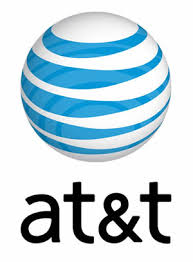 A few weeks ago, my daughter, Jessie Assimon, and a colleague attempted to drop off copies of Jerk Magazine, an award-winning student publication that Jessie currently edits, at Syracuse University's Graham dining hall. Most of the student publications -- and there are a lot of them because of SU's outstanding S.I. Newhouse School of Public Communications -- are distributed at the dining halls, dorms, and other heavily-trafficked locations on campus.
A few weeks ago, my daughter, Jessie Assimon, and a colleague attempted to drop off copies of Jerk Magazine, an award-winning student publication that Jessie currently edits, at Syracuse University's Graham dining hall. Most of the student publications -- and there are a lot of them because of SU's outstanding S.I. Newhouse School of Public Communications -- are distributed at the dining halls, dorms, and other heavily-trafficked locations on campus.But not anymore.
A Graham employee who doesn't like Jerk's content told the students that he didn't want the magazines in his facility. What followed is well reported by the school's newspaper, The Daily Orange, and its TV station, Citrus TV. The outcome? The university is enforcing a "policy" that hasn't been published or shared with the magazines before: Student publications can't be distributed at campus dining halls. It doesn't matter that magazine staffers -- including at least one faculty advisor -- didn't know about the policy. It doesn't matter that the magazines have been distributed in dining halls for years. It doesn't matter that a major university with one of the top journalism schools in the country has made a decision that doesn't seem to support freedom of speech rights.
It's interesting to see how a small event -- a foodservice employee blocked distribution of a student publication at a dining hall -- snowballed into a big campus story involving faculty, staff, administration, and students. It wouldn't surprise me if the resulting policy changes (they don't say they're changes, but they are...) help this story get some attention off-campus, too.







